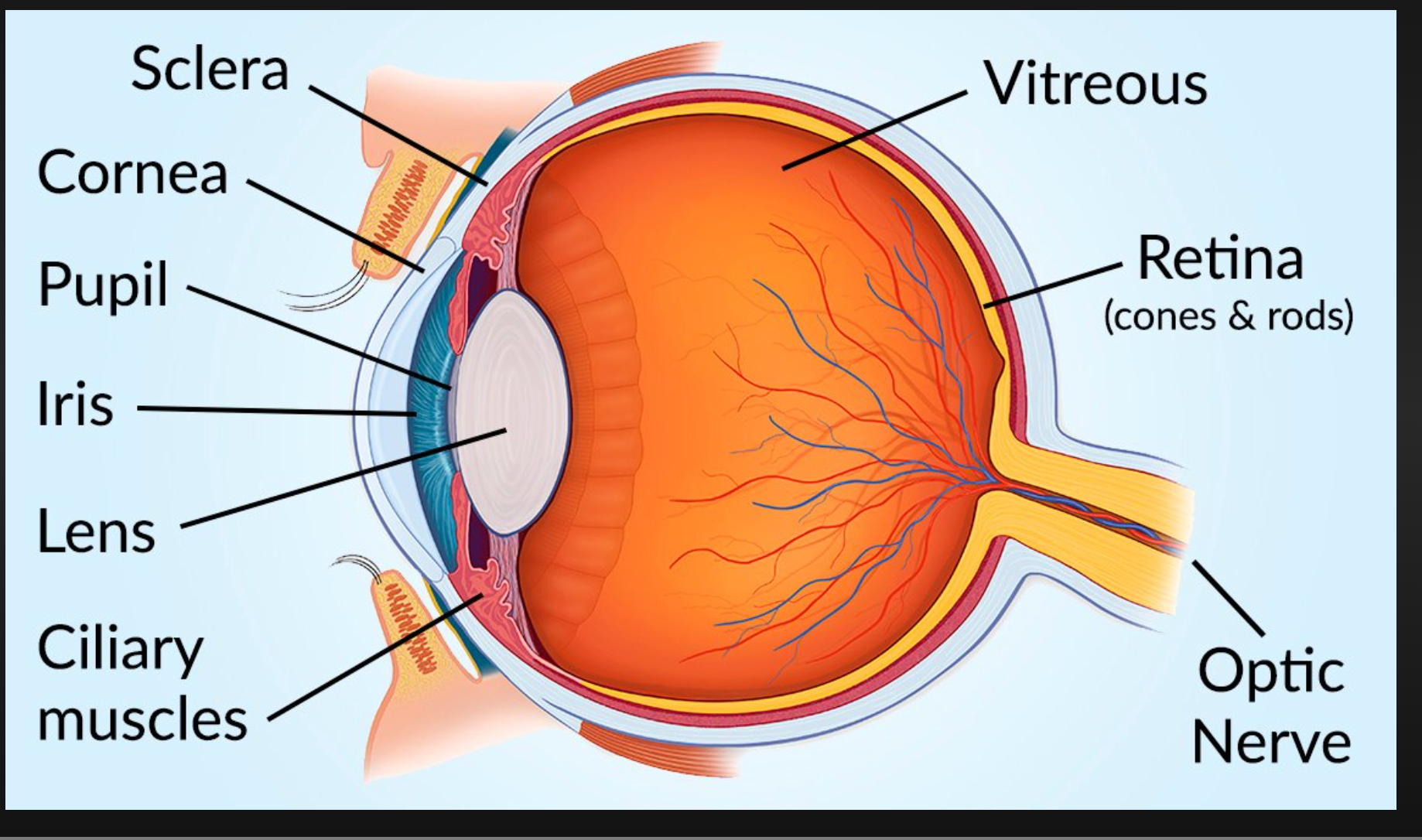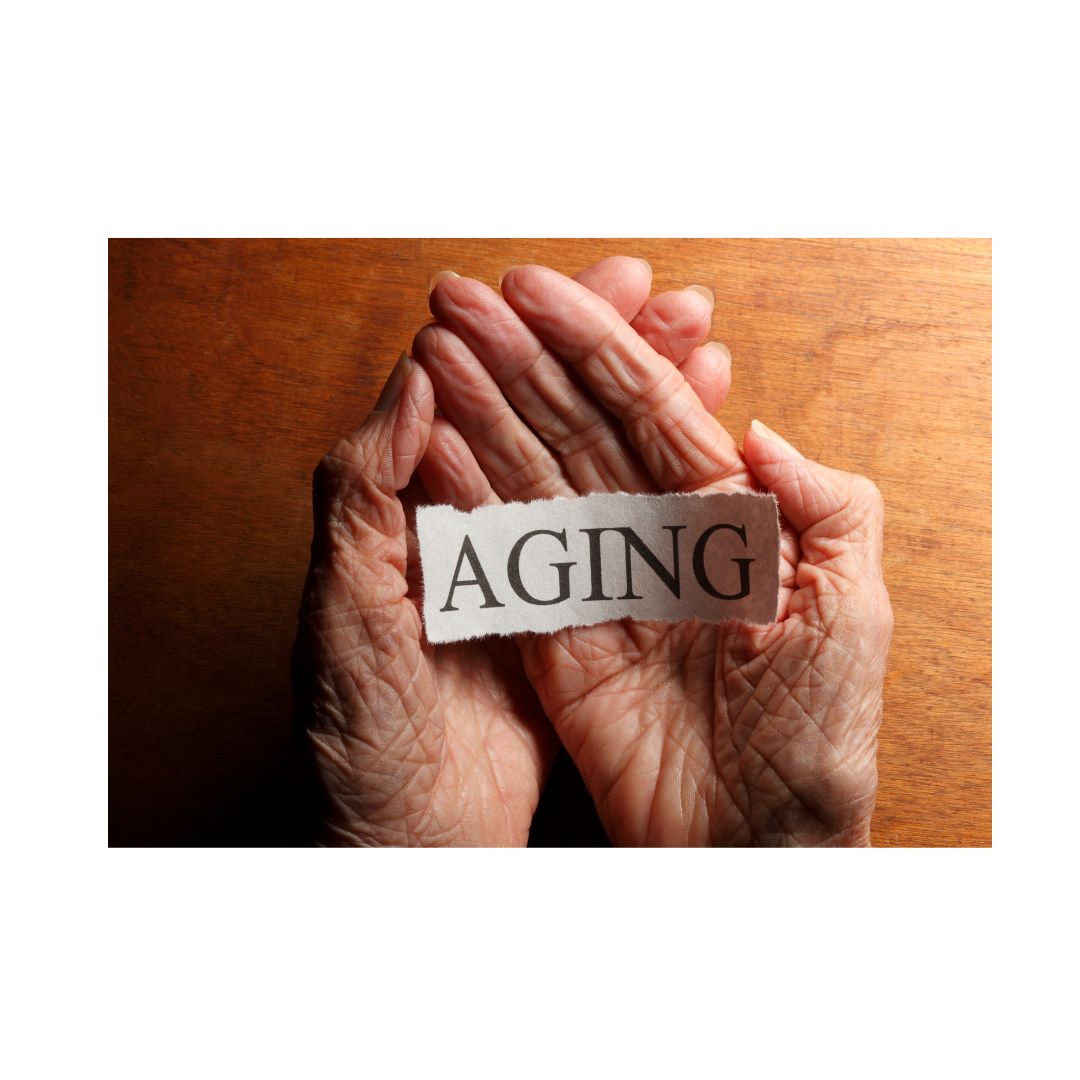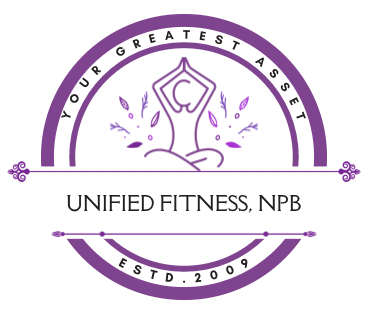UFit-NPB: Wellness Blog Dispatch

When Calcium Crystals Attack: How Hydroxyapatite Deposition Disease (HADD) Steals Your Mobility—and How to Fight Back! Have you ever woken up with searing pain in your shoulder, hip, or knee and wondered how a seemingly healthy joint could suddenly betray you? You might be surprised to learn that tiny calcium crystals—specifically hydroxyapatite—can build up in the tendons and soft tissues around your joint and cause intense, sometimes debilitating pain. This condition is called Hydroxyapatite Deposition Disease (HADD), and it’s more common than many people realize. Why HADD Matters HADD is often mistaken for bursitis, tendonitis, or rotator cuff injuries. Because its onset can be sudden and dramatic, many people rush to imaging centers or emergency rooms for answers. Understanding HADD helps patients get the right diagnosis and faster relief—without unnecessary procedures. What is Hydroxyapatite Deposition Disease? HADD occurs when hydroxyapatite crystals (a form of calcium phosphate) deposit in tendons, bursae, or other soft tissues near joints. The shoulder is the most commonly affected area, particularly the rotator cuff tendons, but HADD can also affect the hip, wrist, elbow, knee, and other sites. Deposits can trigger an acute inflammatory response, producing severe pain, swelling, and restricted movement. Common symptoms Sudden, intense joint pain—often waking people at night. Local swelling and warmth. Severely limited range of motion (e.g., unable to lift your arm). Pain that may come in waves: a painful acute phase followed by weeks of gradual improvement. Symptoms can sometimes mimic an infection, so a medical evaluation is important. Who gets HADD? HADD most often affects adults between 30 and 60 years old, though it can occur at any age. There’s no single known cause, but factors like repetitive microtrauma, metabolic conditions, and local tissue degeneration may contribute. Many patients have no obvious risk factor. How it’s diagnosed? Clinical history and physical exam: doctors note the suddenness and pattern of pain. X-rays: can reveal calcific deposits near the joint. Ultrasound: Excellent for identifying and localizing deposits, as well as guiding injections or procedures. MRI: used if other conditions need to be ruled out. Aspiration/analysis: rarely required; usually, imaging is enough. Treatment options that relieve pain and restore function? The good news is that many people recover well with conservative care. Options include: Rest, ice, and short-term use of NSAIDs for pain control. Corticosteroid injections into the bursa or tendon to reduce inflammation (often ultrasound-guided for accuracy) Physical therapy to restore the range of motion and strengthen the surrounding muscles Ultrasound-guided needle lavage (barbotage): a procedure that breaks up and flushes out the calcium deposit, can provide rapid relief. Extracorporeal shock wave therapy (ESWT): a noninvasive option used in some centers to break up deposits. Arthroscopic surgery: reserved for persistent cases that fail conservative measures. Prognosis and recurrence Many acute HADD episodes are self-limited over weeks to months, especially with targeted therapy. However, deposits can recur or persist; timely treatment improves outcomes and reduces the risk of long-term stiffness. When to seek urgent care? If severe pain is accompanied by fever, spreading redness, or rapidly worsening symptoms, seek immediate medical attention—these signs could indicate infection or another serious condition. Hydroxyapatite Deposition Disease can be frightening when it strikes, but with the right diagnosis and targeted treatment, many people regain full function quickly. If you’ve had sudden, severe joint pain—or repeated “mysterious” flareups—don’t shrug it off. Get informed, check your symptoms, and connect with a provider who knows how to treat HADD effectively.

Navigating the Depths of Depression: A Path Forward Navigating depression is a complex journey that transcends simple sadness, affecting your emotions, physical health, and daily behavior. As of late 2025, modern wellness approaches increasingly emphasize integrated, person-centered care that addresses both the "from the neck up" mental challenges and "from the neck down" physical symptoms. 1. Build Momentum with Small Steps When depression drains your energy, starting with "tiny goals" can prevent overwhelm and build confidence. The 5-Minute Rule: Commit to an activity for just five minutes—such as putting one item away or walking around the block. Often, starting is the hardest part, and movement can generate the motivation you currently lack. Establish Stability: Create a loose but structured routine with consistent sleep and meal times. Simple morning rituals, like getting dressed or drinking water, provide a sense of control. Nature and Grounding: Spending even 15 minutes outside can improve clarity and mood. Use mindfulness techniques to focus on the present moment and help break cycles of negative rumination. 2. The Power of Intentional Wellness Your physical habits can directly influence your brain chemistry. Physical Activity: Regular exercise, particularly rhythmic activities like walking or swimming, releases endorphins and neurotransmitters like serotonin and dopamine. For many, moderate exercise can be as effective as medication for mild to moderate depression. Intentional Eating: Focus on nutrient-dense foods rich in Omega-3 fatty acids and B vitamins. Avoid skipping meals to prevent blood sugar crashes that can exacerbate irritability and fatigue. 3. Connection as a Lifeline Isolation fuels depression, while social support acts as a critical buffer. Seek Social Support: Whether through online communities or trusted friends, sharing your journey helps combat the profound sense of isolation. Perspective Shifts: Shifting from a mindset of "beating" depression to viewing it as a journey of self-discovery can foster long-term resilience. Re-engagement: Restore joy by gradually re-engaging with hobbies or small things that once brought satisfaction. 4. Professional Guidance Recovery is not a linear process and often requires professional help. Collaborative Care: Partnering with physicians and certified health coaches ensures your fitness and lifestyle changes complement medical treatment plans. Evidence-Based Therapy: Professionals can provide structured guidance through Cognitive Behavioral Therapy (CBT) to challenge negative thought patterns or Interpersonal Therapy (IPT) to improve relationship dynamics.

Managing Loneliness as You Age Loneliness is a complex and difficult feeling that can affect anyone at any age. As young adults, we give little thought to getting older and feeling alone. We live each day not considering that the social aspects of our life may not always be as we age. Loneliness can leave you feeling empty, disconnected from the world, fearful of dying with no one around, or even abandoned. Loneliness is often described as a sense of isolation or disconnection from others. It can be caused by a variety of factors such as social isolation, loss of loved ones, or even just a lack of meaningful connections with others. We were never intended to live life alone at any age or life stage. Managing loneliness can be challenging, but several strategies can help you cope with loneliness which include reaching out to loved ones and joining social groups and communities. Engage in activities that bring you joy and fulfillment. Try something new that will require you to step out of your comfort zone. Instead of focusing outwardly on others to fill the void look inward toward yourself. Focus on having a relationship with yourself and usually the law of attraction will occur. Always be kind to those you encounter which can open the door for relationships to develop. Older adults tend to isolate themselves when managing various medical conditions out of fear of judgment, embarrassment, or fear of rejection. Accept and understand that aging and the changes that occur along the way are part of the life cycle. Remember that it's okay to feel lonely, and seeking support from others can make a big difference., such as staying connected with friends and family, engaging in activities that bring joy and fulfillment, and seeking support from mental health professionals when necessary. It's important to remember that feeling lonely is a common experience, and there is no shame in seeking help or support.

Your Eyes are Windows To Your Health Eyesight is one of the most important organs of our senses. Our eyes provide light, knowledge, beauty, and many other blessings. However, a time may come when an eye disease impacts your vision. One of the most common eye conditions that impacts millions of people is Cataracts. Cataracts are cloudy areas that form on the lens of your eye. As you get older, the proteins in your lens beak down, forming cloudy patches that affect your vision. You may experience symptoms such as double or blurry vision, eye strain to see clearly, a film over your sight (like looking through a dirty window), or total blindness in an eye. Cataracts can be easily corrected. There are various types of age-related Cataracts. Many people notice or are diagnosed with the condition in their 50s. Depending on a person’s eye health the condition can occur at any age. One of the leading causes of blindless in older adults is from Cataracts. The average Cataract surgery age is 65. The only way to treat Cataracts is to replace the optical lens. Now that you have some facts about Cataracts lets discuss why it’s important to care for your Cataracts. Cataracts are non-reversible and usually get worse with time. The worse the Cataracts becomes so does your quality of life. Your ability to see at a distance when walking, working, or performing the tasks of daily living will be impacted. For example, if you are walking and can’t identify an object or person clearly from a distance you may not be able to detect if danger is approaching. Seeing clearly gives you time to decide before encountering the situation, person, animal, or object. Let’s say you need to balance your budget but can’t see the numbers clearly. You may need to rely on someone else to manage your finances. Or you may write the wrong digit on a check, or miss important information that impacts what you pay. That's why it's important to be accountable for the health of your eyes. Having eye surgery can seem scary or bring on anxiety. Not knowing how your eyesight may be impacted after surgery can make you feel unsure about having the Cataracts removed. Or cause you to prolong getting the procedure. The question to ask yourself is if your health and quality of life is worth correcting your eyesight?

Make Peace With Your Aging Health Aging is a part of life, and it is something that we all have to accept. Our bodies are designed to decay. Many older adults experience physical, metabolic and/or cognitive limitations. There isn't a magic pill, elixir, eating or exercise program, surgery or any other worldly created idea, process, or method that will stop you from aging. Don't let changes in your health make you resent getting older. Every day is a new adventure because God's plan is to renew us. And getting older is part of the adventure. However, aging doesn't mean that you can't take care of yourself and feel your best. It's important to practice healthy habits like eating nutritious foods, exercising regularly, and getting enough sleep to ensure that you look and feel your best. With the right approach, you can age gracefully and stay healthy and active for many years to come. Here are some tips that will help you feel better: Eat a nutritious diet. Minimize processed foods and sugary drinks. Stretch most days of the week. Exercise regularly and walk daily. Connect with people you value and vice versa so you feel connected. Make and attend annual wellness check-ups. Meditate/stay in prayer daily for mental wellness. Remember your blessings and be grateful. There is always someone who has it worse. Accept where you are in life. The path God has for you is yours. Drink a lot of water daily. Love all of you. Know thyself and you will never need anyone to validate, or stay with you. The biggest mistake you can make is ignoring changes in your health. Becoming angry that you are aging and letting the worlds view of aging direct you leads to low self-esteem, depression, and anxiety. There are times that you may not know what to do or how to get yourself on the right track to managing a medical condition or improving in your appearance. Be accountable to yourself and visit a doctor or specialist when you have physical, mental or emotional concerns. Aging doesn't have to rob you of wellness in the later years of life. Never forget everyone ages differently and at various rates. You have the power to make peace with your aging process.

Accept Your Aging Body Suddenly you notice changes in your physical appearance. Maybe it's the wrinkles around your eyes, the creases around your mouth when you smile, or a change in your vision. Maybe it's a physical change such as weight gain, inability to run the same distance you ran years ago, or a diagnosis of arthritis. And even more concerning is changes in your hormones which can impact your metabolism or lead to various metabolic diseases. Some changes you see and feel, while many go unnoticed until something happens. Regardless to what physiological or psychological changes you are experiencing, research has proven that being accountable for your aging health can make a difference in your ability function in the later years of life. Your perception of how your aging will impact your daily living. Wrinkles can be hidden with quality make up and technique. However, it doesn't change the fact that under the makeup are wrinkles. Accepting that the wrinkles represent the years you have been blessed to live, and the time you had to laugh, smile, and sometimes cry outweighs the negative self-talk of having old skin. You can color gray hair. However, it doesn't change the fact that your hair strands pigment has changed. Once the hair color fades the gray returns. Instead of coloring the gray maybe consider getting a hairstyle that compliments you with gray hair. If you find that your ability to perform physical activities such as running and walking for periods of time has changed consider endurance training, breaking up the routine, or creating a cardio program that has goals which can help you feel accomplished. There are numerous things you can do to improve, slow, and manage your aging process. Below are some tips that may help your age better. Not just your physical appearance or health, but mental health as well. Eat a nutritious diet. Minimize processed foods and sugary drinks. Lotion your skin daily to help keep it moisturized and maintain elasticity. Get 7-8 hours sleep each night. During rest is when the body rebuilds and heals. Make exercise (resistance training and cardio) a part of your life. Have plan for each day. This can help you stay active and in shape Socialize regularly. We were designed to “love our neighbor”. Essentially social connections can help prevent, slow, or delay cognitive decline. Get dressed every day. When many people age, they start to lose care for their appearance. Take advantage of opportunities to travel, visit friends, attend events. These are great opportunities to keep growing and learning. After 50 stress and anxiety should not be allowed in your life. If people, places, or things make you stressed remove the variable from your life. It’s ok! If someone makes you feel uncomfortable, inadequate, or is tries to damage your self-esteem, they MUST GO. You should never feel uncomfortable within yourself or space. Give, love, and help others. Never give, love, and help those who don’t want to be helped. Spending energy and resources where it adds no value or help is a waste. Value your time. Spend time where and with whom you feel connected. Make and attend annual wellness check-ups. The biggest mistake you can make is ignoring changes in your health. There are times that you may not know what to do or how to get yourself on the right track to manage a medical condition or change in your appearance. Visit your doctor or specialist when you have physical, mental or emotional concerns.
